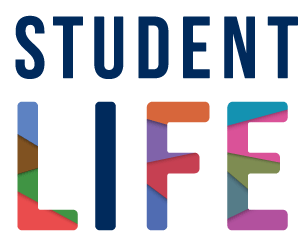Accessibility Services collects documentation and other information pertaining to your functional limitations, your history or your personal circumstances for the following purposes:
- To verify the need for disability related accommodations for academic work (e.g., classrooms, laboratories, research settings, practicum/placements) and
- To develop and implement effective disability related accommodations and supports
Accessibility Services respects your privacy and keeps your information confidential. Information may be shared with university staff, but only on a need-to-know basis for them to perform their duties to facilitate academic or other disability-related accommodations on campus or at University partner sites (e.g. community practicum settings, University Health Network Research Labs) (a “Partner Site”). In particular, the University and the Partner Site will share with the other any and all of your personal information only as necessary for the purposes set out in this Notice.
Examples:
- Test and Exam accommodations will be shared with Accommodated Testing Services for invigilation.
- The name of students with a reduced course load as an accommodation may be shared for fees adjustment purposes or to arrange bursaries.
- Accessibility Advisors may speak to a professor, registrar, or residence staff to arrange accommodations and supports.
- Accessibility staff may share information about accommodation needs at a Partner Site with an academic department so that a coordinator in that unit can facilitate accommodations on behalf of a student with a Partner Site.
- When a student encounters difficulties that require attention from other University units, such as Student Progress and Support, Crisis Response, or Health & Wellness, necessary information is shared with those units.
To protect your information, all University staff receiving information follow University policies and guidelines, the Freedom of Information and Protection of Privacy Act and other legal requirements.
Accessibility Services and the Partner Site each employ effective, up-to-date administrative, technical, and physical safeguards consistent with accepted information technology security standards and practices, including properly implemented encryption, virus, malware, and firewalls, and other appropriate strong security protections against unlawful, unauthorized, or accidental access, loss, destruction, or damage of personal information.
We maintain student records for 10 years after the student’s last contact with the service. After the retention period, the student’s Accessibility Services file with be destroyed/deleted.
FIPPA NOTICE: The University of Toronto respects your privacy. Personal information that provide to the University is collected pursuant to section 2(14) of the University of Toronto Act, 1971.
Personal information is collected for the purpose(s) of program administration. At all times it will be protected in accordance with the Freedom of Information and Protection of Privacy Act.
If you have any questions about how your information will be used, please contact Michael Nicholson, Director, Accessibility Services at michael.nicholson@utoronto.ca




